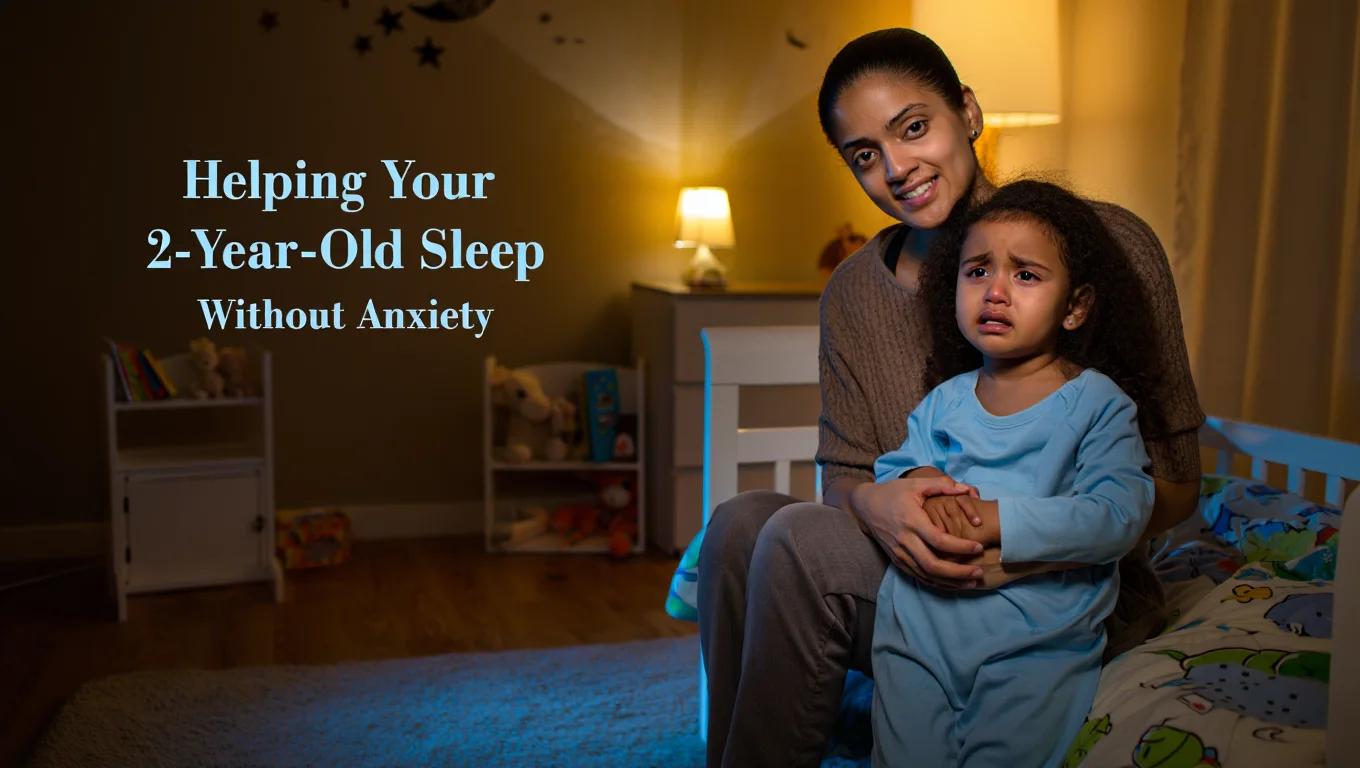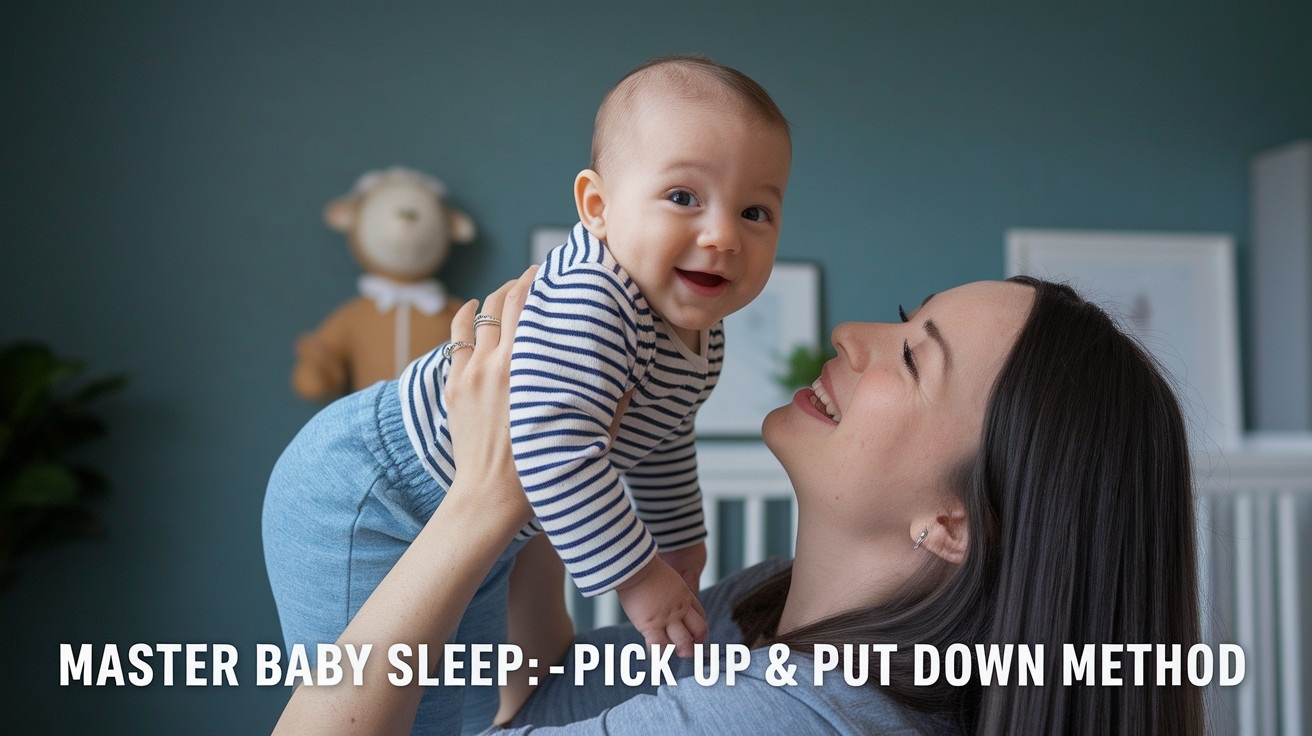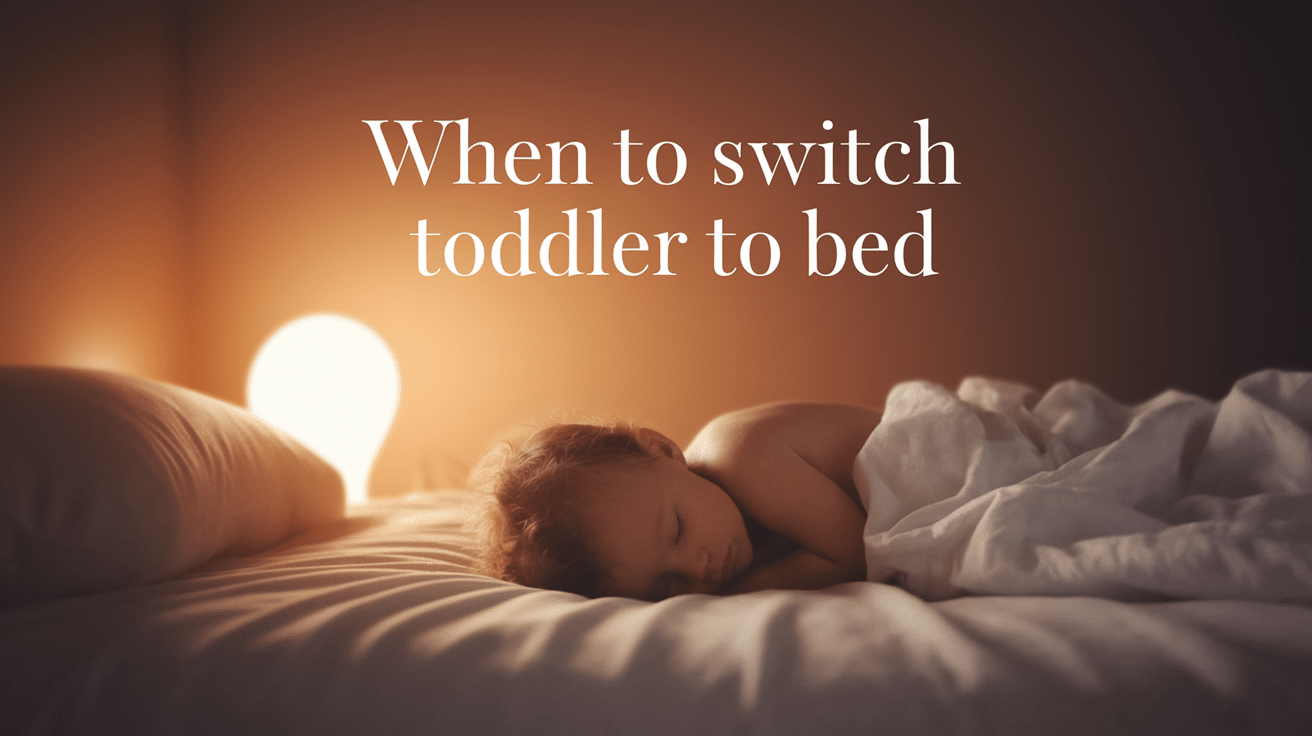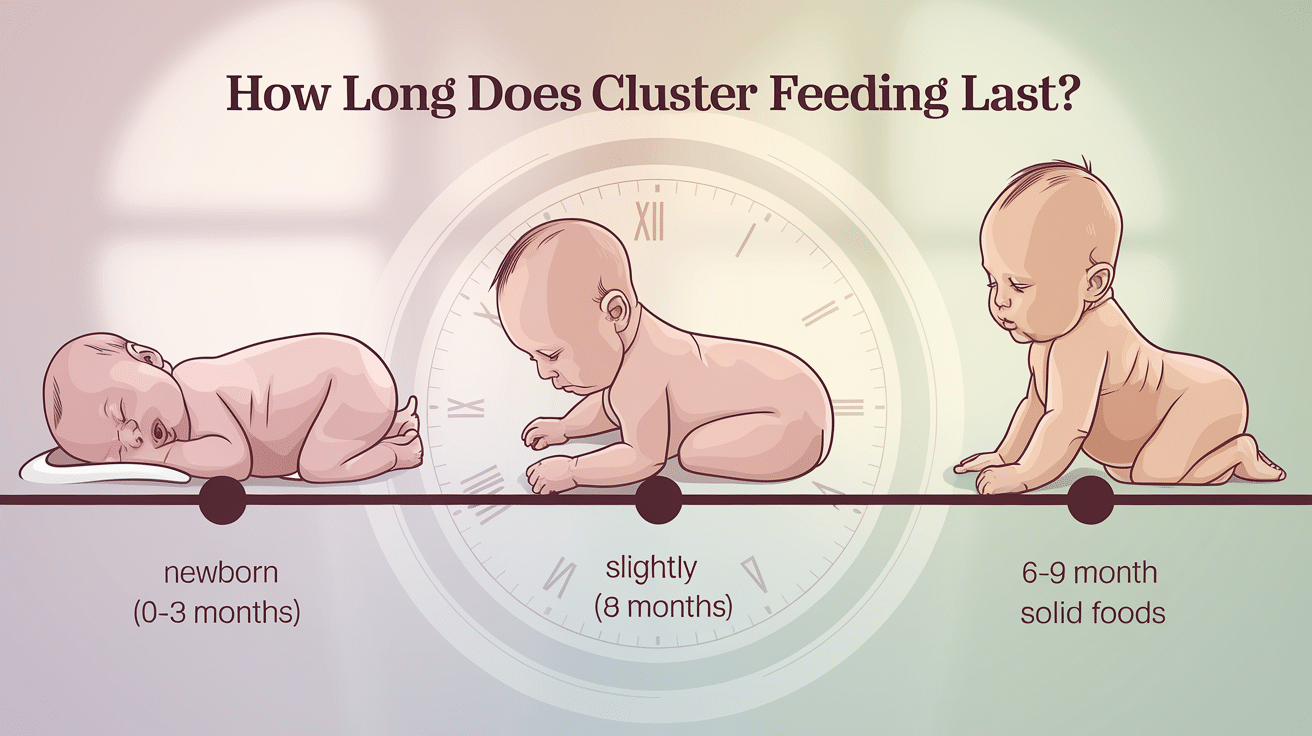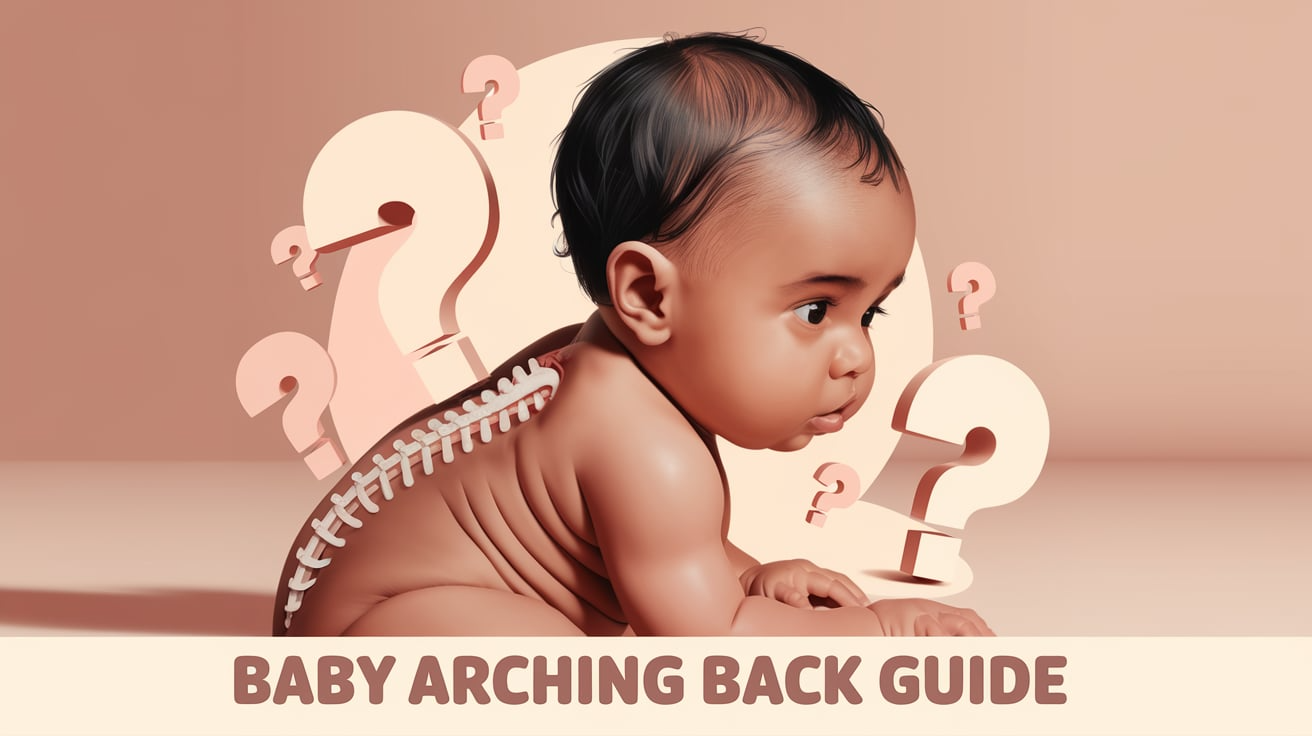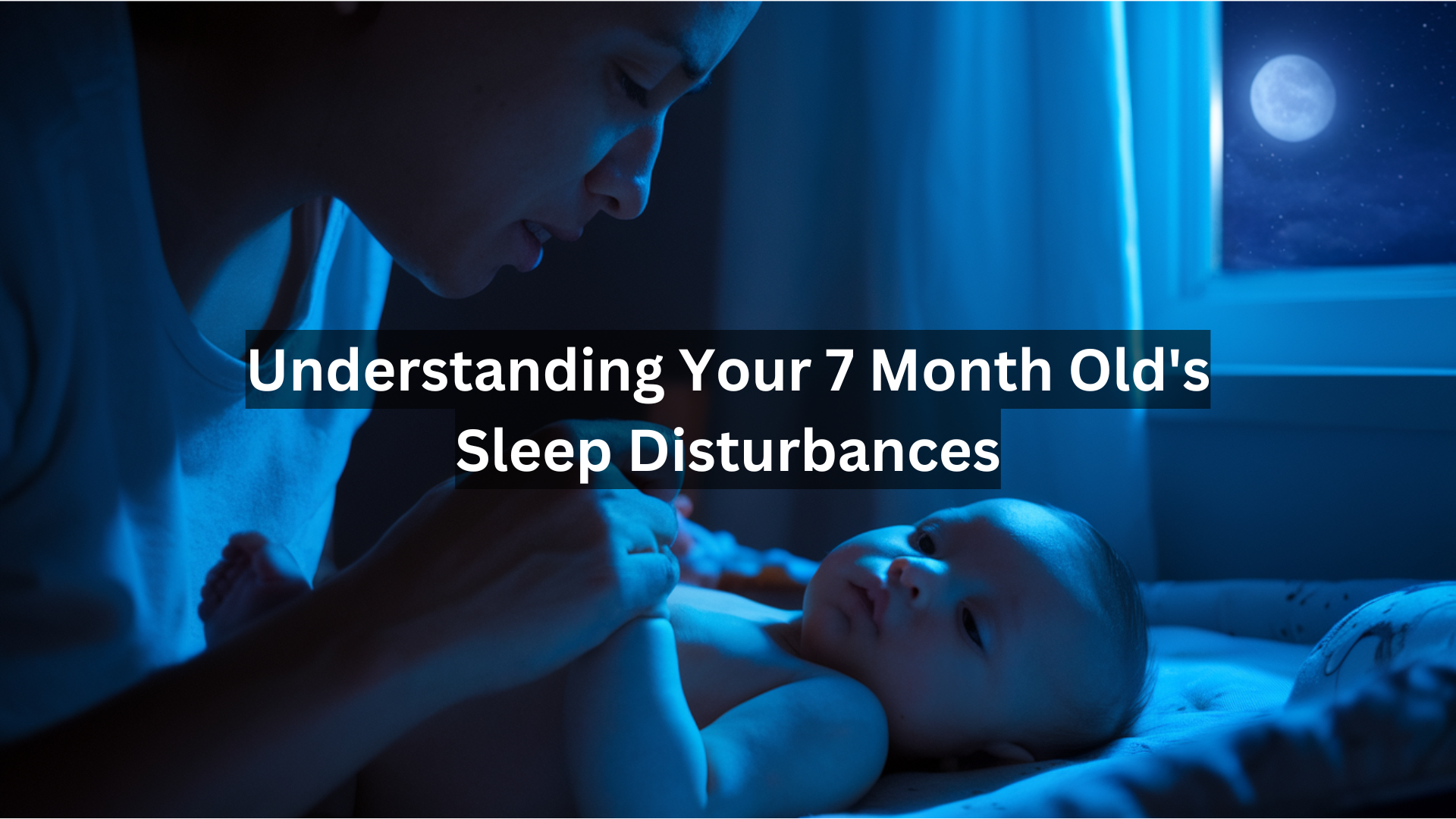
Are you exhausted from your 7-month-old waking up multiple times each night? I’ve been in your shoes, rocking my baby at 3 AM and wondering if I’d ever sleep again. You’re not alone, and there are solutions.
In this article, I’ll walk you through:
- What normal sleep actually looks like at 7 months
- The 7 specific reasons your baby keeps waking up
- Practical sleep schedules that actually work
- How to know when to drop that third nap
- Step-by-step fixes for better nights
As a parent who’s been through the same challenges, I understand your frustration. After helping hundreds of tired families, I’ve gathered the most effective strategies that really work.
The good news is that your baby can sleep better, and you can, too. Let’s solve this together with approaches you can start tonight.
What’s Normal Sleep for a 7 Month Old?
Most 7-month-olds need about 14 hours of total sleep in 24 hours. This usually breaks down into:
- 11-12 hours at night (though not always in one stretch!)
- 2-3 hours of daytime sleep across 2-3 naps
But here’s what’s important: many babies this age still wake 1-3 times a night, and some wake up even more. This is normal! Even babies who previously slept through might start waking again at this age.
What counts as “normal” varies widely. Some lucky parents have babies who sleep 12 hours straight, while others have babies who wake every 2 hours all night long. Both can be normal for different babies.
Why Your 7 Month Old Might Be Waking Up at Night?

There are several common reasons for those frustrating night wake-ups. Understanding which ones affect your baby helps you find the right solutions. Most babies experience multiple factors at once, so don’t worry if several of these sound familiar.
Still Learning to Connect Sleep Cycles
Your baby’s brain is still figuring out how to link sleep cycles together. Adults do this naturally—we briefly wake between cycles but fall right back asleep. Babies often need help making this transition.
When your baby moves from one sleep cycle to the next (about every 45 minutes), it might fully wake up instead of sliding into the next cycle. If it’s used to being rocked, fed, or held to fall asleep, it may need that same help to go back to sleep.
Nap and Wake Time Issues
When babies don’t get the right amount of daytime sleep, night sleep suffers. It works two ways:
- Too much daytime sleep: Your baby might not build up enough “sleep pressure” to stay asleep all night.
- Too little daytime sleep: Your baby might get overtired, making it harder to fall and stay asleep.
The timing matters, too. Late afternoon naps that end too close to bedtime can make night sleep worse.
Big Changes in Movement
Your 7-month-old is likely working on major physical skills:
- Sitting up
- Rolling
- Crawling
- Pulling to stand
Babies often practice these skills in their sleep! At 2 a.m., I’d usually find my baby had rolled over and gotten stuck or was trying to crawl into her crib.
This physical growth also burns more energy, which can make some babies hungrier at night.
Hunger or Distracted Feeding
Seven-month-olds are notoriously distracted eaters. The world is just too interesting!
This can lead to:
- Shorter nursing sessions
- Distracted bottle feeds
- Less daytime calorie intake
When babies don’t eat enough during the day, they may make up for it at night.
Also, many babies this age are exploring solid foods but are not yet getting many calories from them. Their growing bodies still need plenty of milk or formula.
Teething
Those little teeth pushing through can cause big pain. Teething often seems worse at night because:
- There are fewer distractions from the discomfort
- Lying down increases blood flow to the head and gums
- The pain can wake a baby from light sleep
Signs your baby might be teething include drooling, fussiness, and chewing on everything.
Separation Worry
Around 7 months, many babies develop separation anxiety. This means your baby now understands you can leave—and they don’t like it!
When they wake up alone in their crib, they may become upset because you’re not there. This is a normal developmental stage that shows healthy attachment.
Wake Windows and Sleep Timing at 7 Months
Wake windows are how long your baby can comfortably stay awake between sleeps. At 7 months, most babies do best with wake windows of:
- 2.5-3.5 hours between waking up and first nap
- 3-3.5 hours between naps
- 3-4 hours between last nap and bedtime
Getting these timing windows right can make a huge difference in how well your baby sleeps at night.
Too short? They may not be tired enough to fall asleep easily. Too long? They may become overtired and fight sleep even more.
Sample Sleep Schedules
A good schedule can help with night sleep. Here are two options based on how many naps your baby takes:
3-Nap Schedule
| TIME | ACTIVITY |
|---|---|
| 7:00 AM | Wake up |
| 9:30 – 10:30 AM | Nap 1 (1 hour) |
| 1:30 – 2:30 PM | Nap 2 (1 hour) |
| 5:00 – 5:30 PM | Nap 3 (30 mins) |
| 8:00 PM | Bedtime |
2-Nap Schedule
| TIME | ACTIVITY |
|---|---|
| 7:00 AM | Wake up |
| 10:00 – 11:30 AM | Nap 1 (1.5 hours) |
| 3:00 – 4:30 PM | Nap 2 (1.5 hours) |
| 8:00 PM | Bedtime |
Remember, these are just examples. Your baby may need slightly different timing. The key is to watch your baby’s sleepy cues and adjust as needed.
How Many Naps Should My Baby Take?
Most 7-month-olds take 2 to 3 naps per day. The transition from 3 to 2 naps often happens around this age, but every baby is different.
Signs your baby still needs 3 naps:
- Gets very fussy by early evening with just 2 naps
- Can only handle short wake windows (under 2.5 hours)
- Takes very short naps (under 45 minutes each)
Signs your baby might be ready for 2 naps:
- Resists the third nap
- Takes a long time to fall asleep for the third nap
- Bedtime gets pushed too late with 3 naps
- The first two naps are getting longer (over an hour each)
Is It Time to Drop the 3rd Nap?
The shift from 3 to 2 naps is a big transition. If your baby seems ready, you can try these approaches:
- Gradual approach: Shorten the third nap each day until it’s just a 15-20-minute catnap, then eventually drop it.
- Cold turkey approach: Skip the third nap and move bedtime earlier temporarily (by about 30-60 minutes) until your baby adjusts.
During this transition, you might notice:
- More fussiness in the late afternoon
- An earlier bedtime is needed
- Some disruption to night sleep for a week or two
This is normal! Most babies adjust within 1-2 weeks.
What’s the Best Bedtime for a 7 Month Old?

Most 7-month-olds do well with a bedtime between 7:00-8:00 PM.
But the best bedtime depends on:
- When your baby wakes up in the morning
- How many naps they take
- How long those naps are
- How long they can stay awake comfortably
The right bedtime prevents overtiredness. An overtired baby often:
- Takes longer to fall asleep
- Waking up more during the night
- Waking up earlier in the morning
If your baby shows sleepy signs (rubbing eyes, yawning, fussing) earlier than their usual bedtime, it might be better to put them down early rather than pushing through.
When Should the Last Nap End?
Ideally, your baby’s last nap should end at least 2-3 hours before bedtime.
For example:
- If bedtime is 7:30 PM, the last nap should end by 4:30-5:30 PM
- If your baby takes 3 naps, that last one is often a short “bridge nap” to make it to bedtime
- If your baby takes 2 naps, the second nap might need to end by 4:00-4:30 PM
When naps end too close to bedtime, your baby might not be tired enough to fall asleep easily at night.
Could It Be a Sleep Setback?
Many babies go through sleep regressions around 7 months. These temporary setbacks often happen because of:
- Developmental leaps: New skills like crawling can disrupt sleep
- Schedule changes: Moving from 3 to 2 naps can cause temporary issues
- Growth spurts: Increased hunger can cause more night-waking
The good news is that most sleep setbacks last only 2-3 weeks. Keeping consistent routines during this time helps babies get back on track faster.
Still Struggling with Night Wake-Ups?

If you’ve addressed the issues above and your baby is still waking frequently, consider these approaches:
Review the bedtime routine:
- Keep it calm and consistent
- Dim lights 30-60 minutes before bed
- Avoid screens before bedtime
- Try a warm bath to help relaxation
Consider sleep associations: If your baby always falls asleep nursing, with a bottle, being rocked, etc., they may need this same help to fall back asleep when they wake at night.
Room environment:
- Make sure the room is dark (blackout curtains can help)
- Use white noise to mask household sounds
- Keep the room comfortable (68-72°F is ideal)
Sleep training options: Some families find gentle sleep training helpful. This doesn’t mean letting your baby cry alone—many approaches involve staying with your baby while they learns new sleep skills.
Remember: You’re not doing anything wrong if your baby wakes at night. Some babies need more time to develop solid sleep patterns.
Final Thoughts
Those middle-of-the-night wake-ups with your 7-month-old are tough, but they won’t last forever. This sleep phase is normal, even if it feels never-ending right now.
Small tweaks make big differences. Adjusting nap timing, watching wake windows, and creating a solid bedtime routine can transform your nights within a week or two.
Trust your gut about what your baby needs. You know them better than anyone else. Some babies need more help learning to sleep than others, and that’s perfectly okay.
Be kind to yourself during this challenging time. Ask for help, take naps when possible, and remember that both good and bad sleep phases are temporary.
With patience and consistency, your baby will learn to sleep better. You’ve got this—and better nights are ahead for your whole family.
Frequently Asked Questions (FAQs)
Can I Sleep-Train a 7-Month-Old Who Shares a Room with Siblings?
Yes! Use white noise to mask small sounds and consider starting on a weekend when siblings can temporarily sleep elsewhere. Focus on the bedtime routine first, as this often improves night wake-ups without disturbing others.
My Baby only Catnaps (30-45 Minutes). How Can I Extend Their Naps?
Try rescuing the nap by immediately soothing them back to sleep when they wake. Darkening the room completely and using consistent white noise can also help. Some babies naturally extend their naps around 8-9 months.
Is It Normal for My 7-Month-Old to Suddenly Wake up Crying Hysterically?
Yes, this can be normal. Night terrors are rare at this age, but vivid dreams, physical discomfort, or simply transitioning between sleep cycles can cause sudden crying. Check for physical issues first, then offer calm reassurance.
My Baby Was Sleeping Through the Night but Suddenly Started Waking Again. Why?
This common “sleep regression” often happens with developmental milestones like crawling or pulling up.
Your baby is practicing new skills in their sleep! Stay consistent with your routines, and sleep usually improves once they master these skills.
How Do I Know if My Baby’s Night Waking Is Due to Hunger or Habit?
Watch how they eat when they wake. Hungry babies feed actively and finish a full feeding. Habit waking often involves just a few minutes of feeding before falling back asleep or using the feeding mainly for comfort rather than nutrition.





